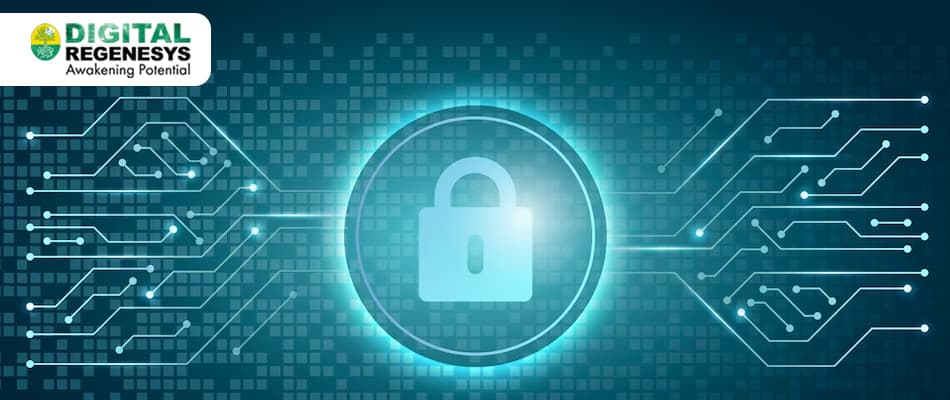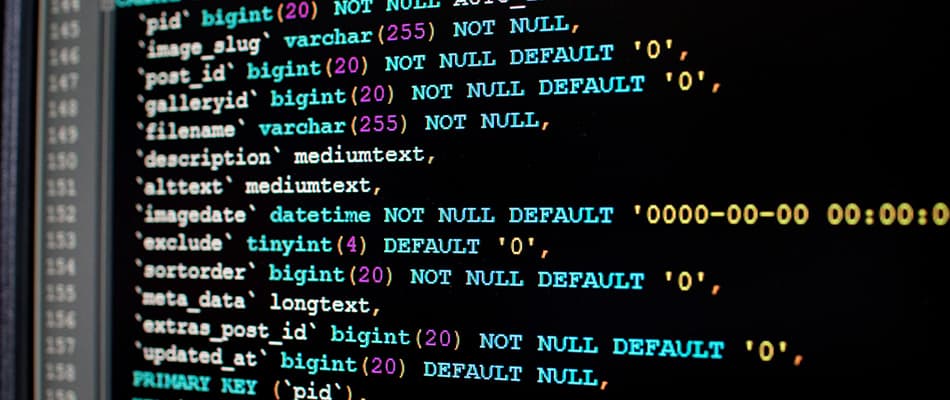Artificial Intelligence vs Cyber Security- Know Their Roles in the Digital Age!
In the recent decade, several online threats, such as Malware, Phishing, Ransomware, and Denial of Service (DoS) attacks, have emerged. These threats target systems and users, compromise sensitive data, and disrupt business operations. To deal with these challenges, artificial intelligence (AI) has emerged as a critical technology, with applications that extend into various fields, including cybersecurity. While AI focuses on automating tasks, data analysis, and predictions, cybersecurity aims to protect systems from digital attacks.
Read the article to learn more about artificial intelligence vs cyber security, their similarities and more.
Difference Between Artificial Intelligence and Cyber Security
The major difference between AI and cybersecurity is AI enhances systems by analysing large volumes of data to automate tasks and improve decision-making processes. At the same time, cybersecurity focuses on protecting digital assets from a wide range of cyber threats. Knowing how these fields differ helps organisations implement AI-driven solutions to boost efficiency while ensuring strong cybersecurity measures are in place to safeguard against potential vulnerabilities. Let us know about artificial intelligence vs cyber security in the table below.
|
Artificial Intelligence |
Cyber Security |
|
AI focuses on creating machines or systems that can simulate human intelligence, including problem-solving, learning, and decision-making. |
Cyber security protects digital systems, networks, and data from cyber threats and attacks. |
|
AI develops algorithms that allow machines to perform tasks autonomously, such as recognising patterns or making predictions. |
Cybersecurity uses strategies, technologies, and practices to protect information and secure systems. |
|
AI is applied in areas like automation, robotics, data analysis, and customer service (e.g., chatbots). |
Cybersecurity focuses on encryption, firewalls, secure software development, and threat detection. |
|
AI aims to solve complex, human-like tasks such as understanding language, recognising images, or learning from data. |
Cybersecurity addresses issues like data breaches, malware, and securing digital assets from unauthorised access. |
|
AI uses machine learning, neural networks, and natural language processing tools to achieve its goals. |
Cyber security relies on tools like intrusion detection systems, encryption algorithms, and vulnerability scanners to protect systems from attacks. |
Also, know about information security vs cyber security here
What is Artificial Intelligence?
Artificial Intelligence (AI) refers to various technologies that allow computers to perform complex tasks, such as understanding and interpreting spoken or written language, analysing data, and providing recommendations. It involves various disciplines, including computer science, data analytics, hardware and software engineering, linguistics, neuroscience, philosophy, and psychology. In business applications, AI primarily uses machine learning and deep learning technologies for data analytics, predictions, object categorisation, natural language processing, intelligent data retrieval, and more.
Know how to start studying artificial intelligence here!
What is Cyber Security?
Cyber security is the system that protects devices, services, and networks from electronic attacks by malicious actors such as hackers, spammers, and cybercriminals. While some aspects of cyber security involve proactive measures, most professionals prioritise protecting assets like computers, smartphones, networks, and databases from various attacks. It encompasses protection against cybercrimes like identity theft and digital warfare. Cisco Systems defines cyber security as safeguarding systems, networks, and programmes from digital attacks aimed at accessing, altering, or destroying sensitive information, extorting money, or disrupting business processes.
Also, know about cyber security vs network security here
Similarity Between Artificial Intelligence and Cyber Security
Now that you’ve read about artificial intelligence vs cyber security, let’s learn about their similarities. Both artificial intelligence and cyber security focus on advanced algorithms and data analysis to improve their effectiveness, with AI providing tools for automating cybersecurity practices. Understanding these similarities will help integrate AI-driven solutions into cybersecurity frameworks, optimise threat detection, and respond to strategies. Below are the similarities between artificial intelligence and cybersecurity.
- Data Analysis and Pattern Recognition: Both AI and cybersecurity systems rely on collecting and analysing vast amounts of data to identify patterns and anomalies. AI enhances cybersecurity by improving the prediction and detection of threats.
- Threat Detection and Response: AI and cybersecurity work together to detect and respond to security incidents. AI aids in monitoring computer systems and automating responses to neutralise threats swiftly.
- Automation of Processes: AI in cybersecurity automates critical tasks such as threat detection, incident response, and mitigation, which increases the speed and accuracy of defensive actions.
- Human-AI Collaboration: While AI performs automated and large-scale calculations, human intelligence complements it by addressing more complex, nuanced cybersecurity challenges that require cognitive reasoning.
- Efficiency in Monitoring and Protection: Both AI and cybersecurity aim to improve the efficiency of system monitoring and protection by leveraging AI technology to bolster defences and predict potential security risks.
In conclusion, learning artificial intelligence vs cyber security will help you understand their distinct roles in protecting your digital infrastructure. AI enhances cybersecurity by automating threat detection and response, improving efficiency and accuracy. As cyber threats evolve, integrating AI into cybersecurity strategies becomes increasingly important. For those interested in advancing their skills in this area, Digital Regenesys offers cyber security course and artificial intelligence courses that provide in-depth knowledge and globally recognised certifications, equipping professionals to manage digital threats effectively. Enrol in these courses today and enhance your skills in these fields.
FAQs on Artificial Intelligence vs Cyber Security
What is the primary focus of Artificial Intelligence?
Artificial Intelligence primarily focuses on analysing large volumes of data to automate tasks and improve decision-making.
What is cyber security vs artificial intelligence?
Cybersecurity focuses on protecting digital assets from cyber threats, whereas AI enhances systems through automation and data analysis.
How does AI contribute to Cybersecurity?
AI contributes to cybersecurity by automating threat detection and response, improving the efficiency and accuracy of defensive actions.
What are some common cyber threats mentioned?
Some common cyber threats include Malware, Phishing, Ransomware, and Denial of Service (DoS) attacks.
What role does data analysis play in both AI and Cybersecurity?
Both AI and cybersecurity rely on data analysis to identify patterns and anomalies and improve their effectiveness.
How can integrating AI into cybersecurity strategies benefit organisations?
Integrating AI into cybersecurity strategies enhances threat detection, response efficiency, and overall system protection.
What does Digital Regenesys offer for those interested in these fields?
Digital Regenesys offers Cyber Security and Artificial Intelligence courses with in-depth knowledge and internationally recognised certifications to advance skills in these areas.
Recommended Posts













